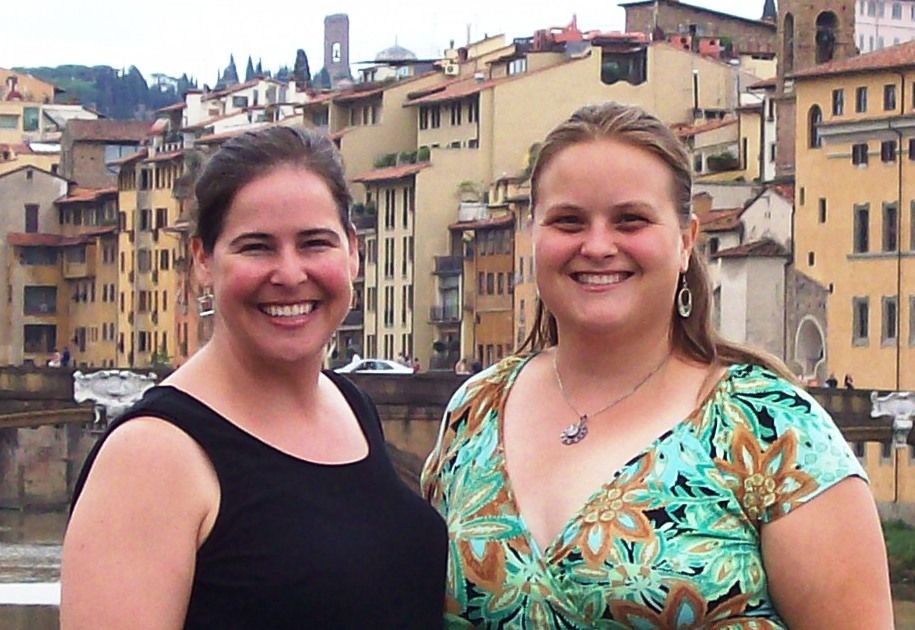“Get Well” in Nicaragua

Lack of clean water and basic sanitation claims more lives a year than any war or act of terrorism combined. Water is a basic requirement for human survival, yet in the 21st Century access to potable water and functional sanitation systems remains elusive to people living in the world’s poorest countries, including Nicaragua.
Inspired by a video presented by Advent Conspiracy on the human toll of dirty water, Lauren and Janie from St. Ann’s Episcopal Church in Old Lyme, Connecticut, decided to help the Lomas de Café community in Camoapa, Nicaragua “Get Well.” In the spirit of Christmas, Lauren and Janie launched their own alternative gift market, hoping to raise $5,000 to purchase a well through Episcopal Relief & Development’s Gift for Life catalog.
The duo created a “Get Well” card for friends and families, letting recipients know that a donation had been made on their behalf to fund a water station and training in basic sanitation. Through word of mouth, word of their “Get Well” cards spread and soon others were sending them to people on their own gift lists.
“Our friends and family do not have much money,” said Janie. “We got gifts between $1 and $300.”
In rural areas of Nicaragua, less than five percent of the population has access to sanitation facilities and less than half of the population has access to a convenient source of clean water. Rural Nicaraguans are thus required to draw drinking, cooking and bathing water from lakes and rivers that are, because of deforestation and absence of appropriate waste containment technology, generally contaminated with e-coli and other dangerous bacteria.
The diseases that result from consumption of unclean water and exposure to uncontained human waste continues to be a major cause of preventable death for children from birth to age four in rural Nicaragua. This reality also triggers thousands of cases of adult illness annually. In terms of time lost daily as women and school-age children travel considerable distances to get clean water, lack of clean water is a measurable impediment to economic growth for the most marginalized Nicaraguans.
Lauren and Janie were thrilled that their endeavor generated the funds to bring a clean water station to Lomas de Café.
“I find in mobilizing people for ministry specific goals work,” said Janie. “People need to see the particular end in their mind’s eye and then be shown the actual fulfillment of that vision at the end.”


